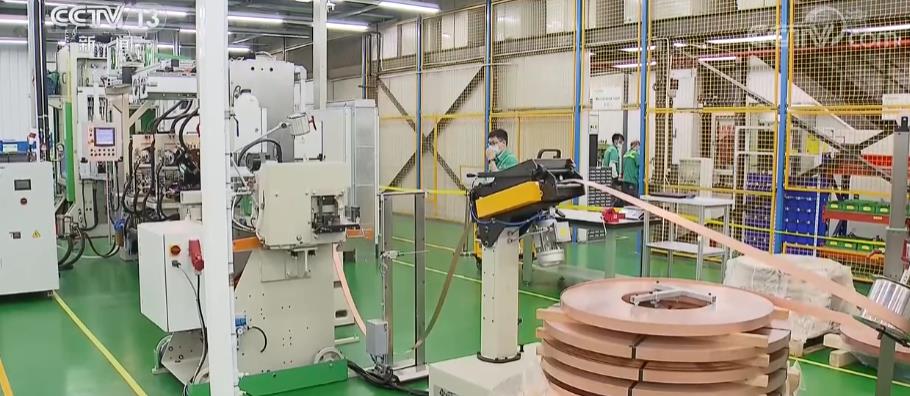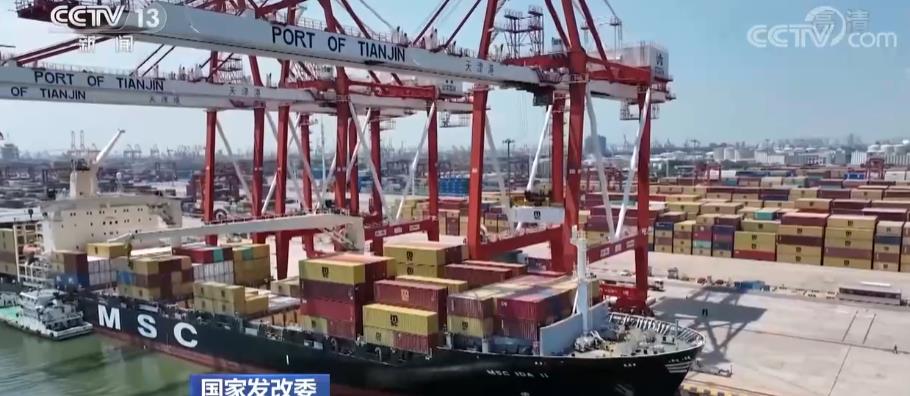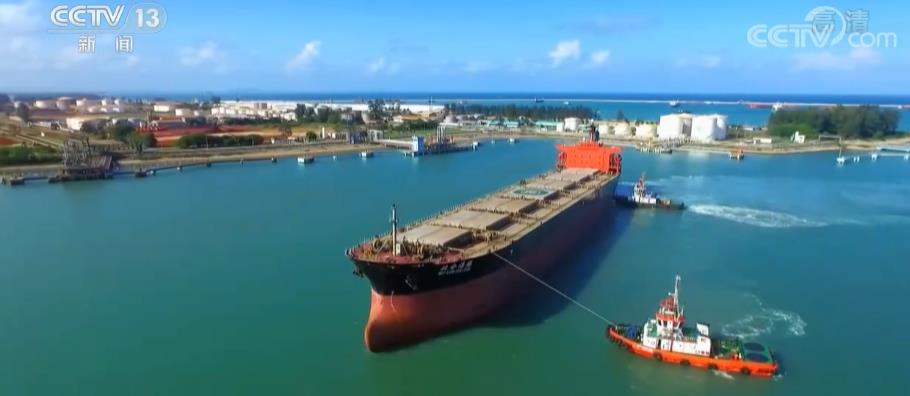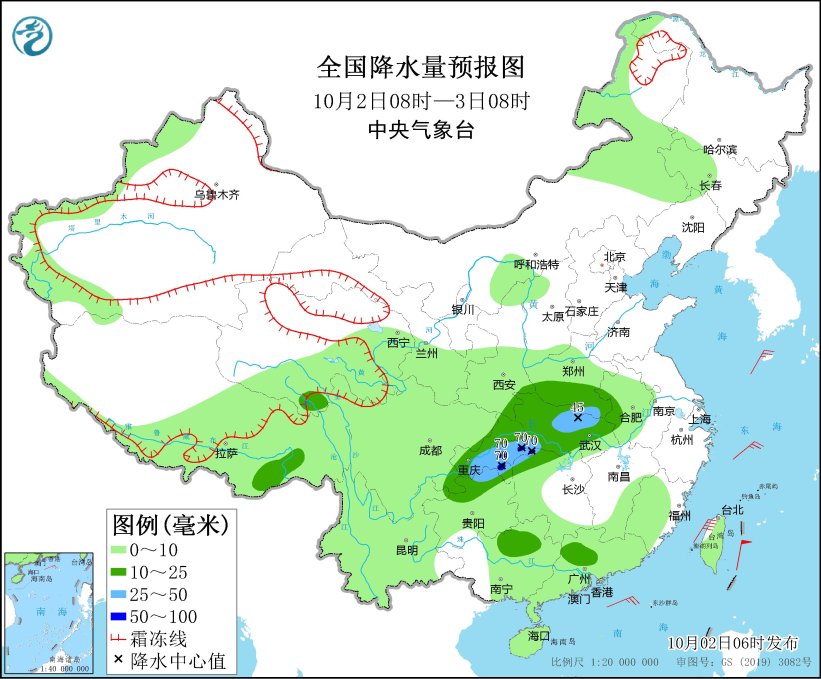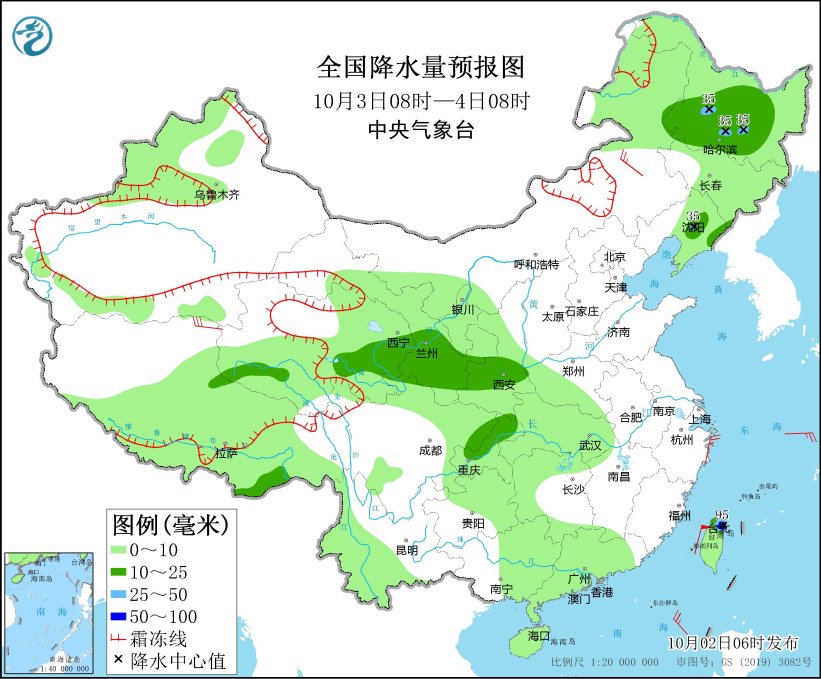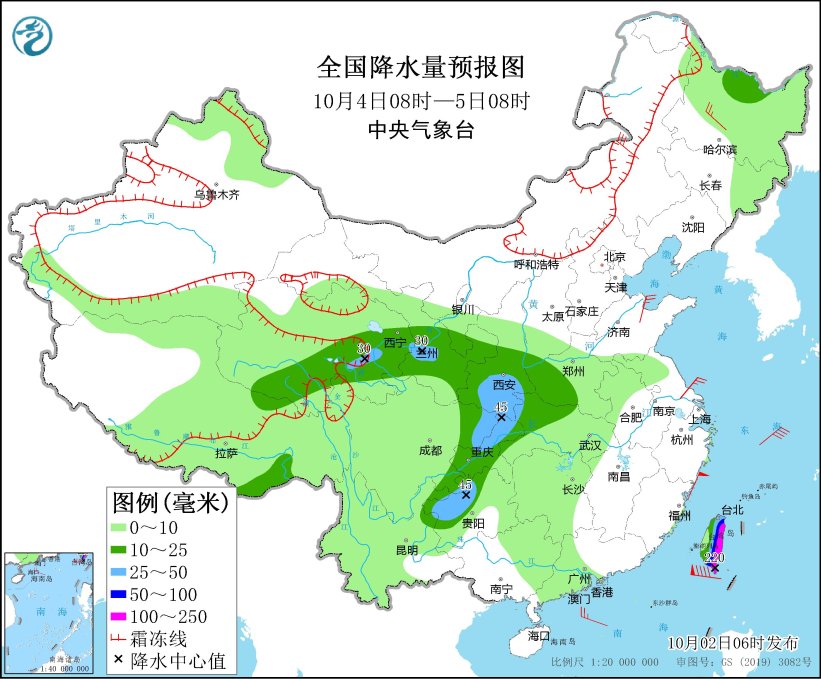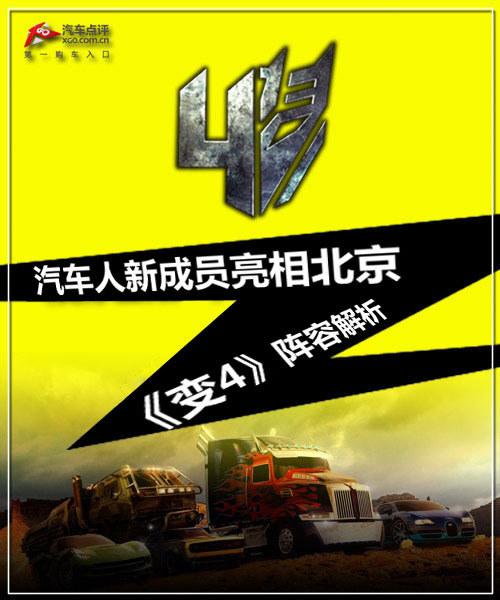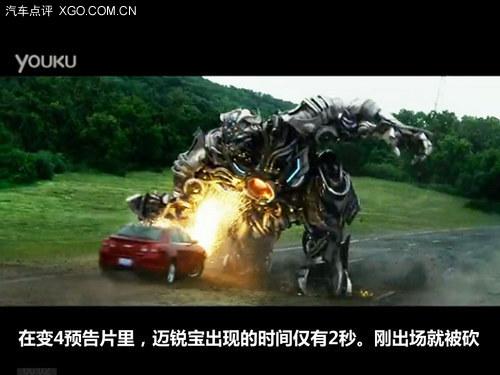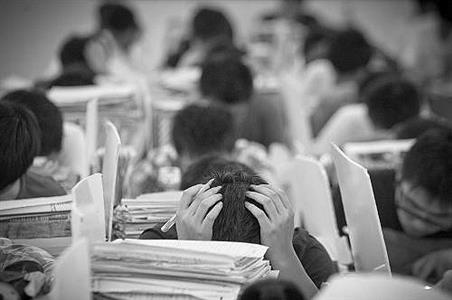Finance promotes the optimal supply of aged care services.
The first meeting of the 20th Central Financial and Economic Committee emphasized that it is necessary to implement the national strategy of actively responding to the aging population, promote the construction of the basic old-age service system, vigorously develop the silver-haired economy, accelerate the development of a multi-level and multi-pillar old-age insurance system, and strive to achieve a sense of security, a sense of worthiness and a sense of happiness for the elderly.
In recent years, China has vigorously developed the cause and industry of providing for the aged, providing a more solid guarantee for the realization of a sense of security for the elderly. Among them, insurance, banking and other financial industries continue to increase their support for the elderly, and while innovating financial products for the elderly, they strive to enrich the supply of old-age services and provide more choices for the elderly to enjoy their old age.
The insurance industry will expand the old-age service model to help better realize the sense of security, worthiness and happiness for the elderly.
In the morning, after eating nutritious breakfast, go for a walk in the small garden downstairs; In the afternoon, study chess and crafts with old friends in the old-age community; In the evening, watch movies and listen to the radio in the room … … In a retirement community in Maizidian Street, Chaoyang District, Beijing, 82-year-old Zhang Guangguo was quite satisfied with his life after living in the retirement community.
This is an old-age community operated by insurance institutions. "The details are very intimate. There are handrails next to the toilet, and you can take a bath in the bath. There are anti-slip mats on the ground. Professional health service stations are convenient for us to check up and get maintenance advice. This makes me feel practical. " Zhang Guangguo said.
In recent years, the community for the aged has gradually been welcomed by the elderly, and the community provides corresponding medical care and care services according to the physical condition and age stage of the elderly.
The pace of community construction for the aged is accelerating, and the insurance industry is involved. For example, China Pacific Insurance will undertake social institutional pension projects in the form of entrusted management for the first time on the basis of self-investment and self-construction and self-management of multiple pension communities; Taikang Insurance provided community services for the aged earlier in China, and new projects were put into operation this year. Some insurance institutions set up private equity investment funds for healthy old-age care to provide financial support for the old-age care community and high-quality enterprises in the upstream and downstream of the old-age care industry chain.
What are the reasons why the insurance industry continues to exert its strength in the pension industry? According to industry insiders, the pension community has a large investment scale and needs long-term stable financial support, which has a high matching with the characteristics of insurance funds. At the same time, the pension industry also has a high correlation with the main insurance industry.
"Providing old-age care services has a pulling effect on the main business of insurance." The person in charge of an insurance institution said that in recent years, the insurance demand of the people has changed, and the insurance products with additional pension services are more attractive, which is conducive to promoting the scale of business; At the same time, from satisfying customers’ single needs to providing one-stop comprehensive services, constantly optimizing service content and improving service quality will help improve customer satisfaction and trust and enhance customer stickiness.
In addition to professional institutions for the aged, the insurance industry is also exploring ways to increase the supply of community-based aged care services. Under the guidance of Beijing Civil Affairs Bureau, Taikang Yicai Public Welfare Foundation and Beihang Community Neighborhood Committee of Huayuan Road Street in Haidian District jointly established Beihang Community Smart Pension Service Consortium, and introduced intelligent networked alarms, vital signs detectors and other equipment to monitor the physical condition of the elderly in real time; Build an information management platform and link more than 20 service providers to provide diversified services such as life care, domestic maintenance, medical rehabilitation, emergency assistance, travel and residence for the elderly at home.
Ying Weiwei, chairman of Taikang Yicai Public Welfare Foundation, said that the Beihang Community Smart Pension Service Consortium has been in trial operation since March 2022, and has accumulated more than 1,000 person-times of supply and demand. "The smart pension model will be extended to more communities and professional quality services will be brought to more elderly people."
"Continuing to expand the service model for the aged will help the people to choose the appropriate old-age care method according to their own needs, and better realize the old age, the old age and the old age." Wang Xiangnan, deputy director of the Insurance and Economic Development Research Center of China Academy of Social Sciences, said.
"Actively guide the development of high-quality and diversified non-basic old-age care services, make them a useful supplement to the basic old-age care service system, and jointly build a multi-level sustainable old-age care service system with China characteristics." The relevant person in charge of the Ministry of Civil Affairs said.
Optimize the financial supply and strongly support the better development of the old-age care cause and the old-age care industry.
While expanding the supply of old-age care services, financial institutions provide strong support for the better development of old-age care and old-age care industry by increasing capital investment and helping personnel training.
— — Under the guidance of policies, more "real money and silver" are invested in the field of old-age care.
"At the beginning of this year, the Bank of Communications Henan Branch issued a loan of 24 million yuan, and the interest rate was very favorable. This fund is in place in time to help us better carry out comprehensive old-age service construction projects. " The person in charge of the comprehensive old-age service construction project in Kaifeng City, Henan Province, introduced that the project has a construction area of 26,000 square meters, and it is estimated that more than 800 old-age beds will be added after completion.
In November last year, after learning about the financing needs of the project, Henan Branch of Bank of Communications made a field investigation and visited, and granted the project a credit line of 100 million yuan in December last year with a term of 15 years and an interest rate of 4.4%. At the same time, Henan Branch of Bank of Communications actively applied to the People’s Bank of China for the amount of special refinancing support for inclusive pension. At present, the first batch of 24 million yuan loans have been supported by refinancing funds.
"Since the beginning of this year, we have applied for 4 special refinancing loans for Pratt & Whitney Pension, with an amount of 84 million yuan. With the support of policies, we will continue to promote the supply of inclusive old-age care services and contribute more financial strength to the all-round construction of inclusive old-age care service system. " Song Baodong, general manager of the corporate business department of Bank of Communications Henan Branch, said.
In April last year, the People’s Bank of China and the National Development and Reform Commission decided to carry out the pilot project of special refinancing for inclusive old-age care, guide financial institutions to provide preferential loans to inclusive old-age care institutions, and reduce the financing costs of old-age care institutions.
— — Help personnel training and lay a solid foundation for the expansion of old-age services.
It is particularly important for the development of the old-age care industry to train more professional old-age service talents. Through the integration of production and education, the financial industry actively assists the training of aged care service talents.
Taikang Insurance provides support for ordinary universities and vocational colleges to strengthen the professional construction of pension services, research and develop innovative courses, and carry out practical teaching. Vigorously promote the order training mode and actively support the connection between secondary and higher vocational education in related majors of aged care services; Encourage employees to participate in vocational skill appraisal, improve the mechanism of linking vocational skill level with the salary and treatment of aged care service personnel, and take many measures to help expand the supply of aged care service professionals.
Many provinces and cities explore the mode of "family care" and rely on long-term care insurance agencies to provide nursing skills training for relatives and nannies of disabled and demented elderly people according to relevant regulations. Under the professional guidance, "family care" personnel can better provide daily care services for the disabled elderly, such as cleaning and changing clothes, assisting in eating, sleeping care, health monitoring, and assisting in medication, and improve the quality of life of the elderly.
— — Strengthen the application of science and technology to improve the quality and efficiency of old-age care services.
Old-age care services involve a wide range, and the cost of manpower and material resources is high. Financial institutions rely on the advantages of resources and technology to strengthen the application of scientific and technological innovation and help improve the quality and efficiency of old-age services.
In the long-term care insurance pilot, local medical insurance funds play an important role. How to strengthen the supervision ability, make the nursing service delivered accurately, control the risk of funds, and prevent the medical insurance funds from leaking, is an important topic.
In Shandong Province, China Life has developed and applied the long-term care handling service system and mobile patrol APP, from the front-end application, viewing and uploading documents to the back-end evaluation, deliberation, filing, setting evaluation content, and later tracking and verification, realizing the whole process of mobile terminal management, effectively saving labor costs, and helping to support the vast rural areas to increase the supply of long-term care insurance and strengthen supervision.
Service "cloud" is more convenient for providing for the aged. Insurance institutions will speed up the informatization construction of old-age care services, develop and apply intelligent terminals, old-age care service platforms, information systems, APPs, etc. through technologies such as Internet of Things, mobile Internet, cloud computing and big data, and expand functions such as remote reminder, dynamic monitoring, automatic alarm and disposal, so as to carry out old-age care services more efficiently.
Do a good job in risk management, achieve healthy development, and further improve the financial support policy for the aged care service industry.
Experts said that in the future, it is necessary to better guide different types of financial institutions to give full play to their respective advantages to participate in the old-age care undertakings and industries, and provide stronger support for improving the supply level of old-age care services on the premise of doing a good job in risk management and achieving healthy development.
Lou Feipeng, a researcher at China Postal Savings Bank, said that the financial support policy for the aged care service industry can be further improved, financial institutions can be guided to increase their investment in the field of aged care, financing support and risk protection for aged care institutions should be strengthened according to laws and regulations, and assistance should be actively provided for the development of aged care services such as family aging adaptation and home community aged care service network, so as to promote the high-quality development of the aged care service industry.
The industry believes that insurance institutions should improve their investment management capabilities and risk management and control levels, and participate in the development of the aged care service industry in various ways; Property & casualty insurance companies can develop liability insurance for old-age care institutions to meet the latest insurance needs of the old-age care industry.
Han Qiang, general manager of China Industrial and Commercial Bank of China’s Pension Business Department, believes that we should intensify service innovation, and design and develop financial products that are suitable for the characteristics of its financing needs in combination with the capital flow path and risk characteristics of China’s pension industry. In addition, we should do a good job in service stratification and provide accurate financial services according to the needs of customers in the fields of medicine, entertainment, travel, nursing and learning.
According to industry insiders, in order to better incite social forces to participate in investment in the field of old-age care, corresponding tax incentives and subsidy policies can be given. At the same time, the lower operating costs of the old-age service institutions are also conducive to providing consumers with more inclusive old-age services.
Better prevention of risks can continuously optimize the supply of aged care services. Experts said that the "insurance+community for the aged" model requires higher qualifications of operators, so it is possible to set a certain entry threshold for carrying out related businesses, and strengthen supervision and review of access institutions to prevent improper operation and disorderly competition. In addition, when an insurance company sells insurance products that are connected with community services for the aged, it should fully consider various factors that affect the service supply capacity of community services for the aged and the demand of customers for occupancy, establish a calculation model, form a constraint mechanism that matches the scale of insurance products sold with the service supply capacity of community services for the aged, and determine a reasonable scale interval through classification calculation and stress testing.
Experts remind consumers that when choosing and purchasing old-age care services, they should pay attention to the formal institutions and channels, and check the investment projects in many ways and treat them with caution. In particular, for some "old-age projects" that are known as "projects under construction, payment first and accommodation guaranteed", we should be vigilant and avoid being deceived. Financial supervision departments should also strengthen monitoring and early warning tips to effectively safeguard the legitimate rights and interests of the elderly.
People’s Daily (18th edition, July 10th, 2023)
